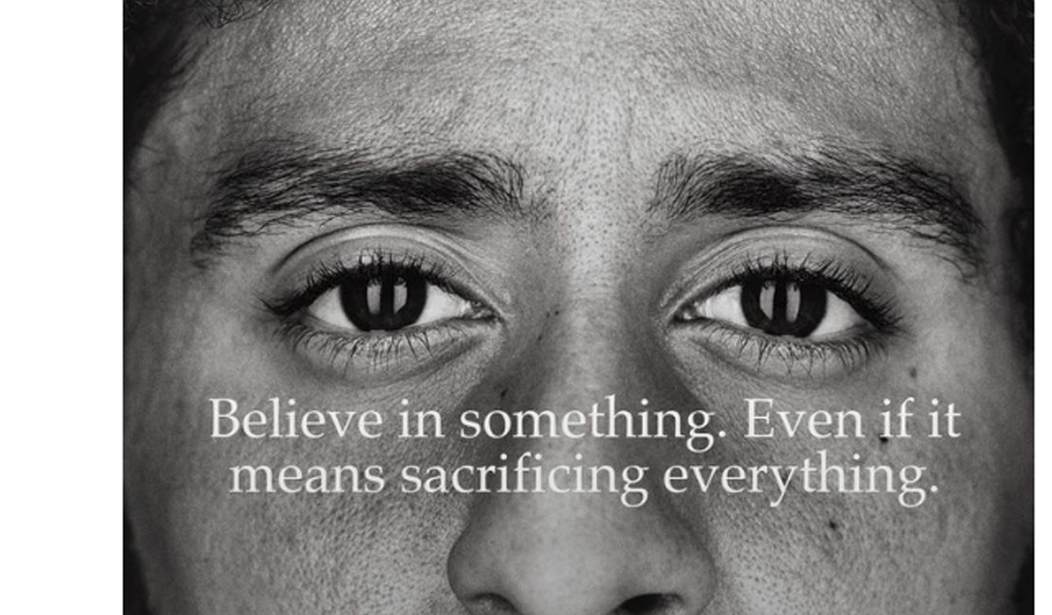Nike is based in Beaverton, Oregon, which is a substantial inner-ring suburb of Portland. It is the fourth-largest employer in the area and only one out of two large employers that is not a health care system.
So it was a big deal when the corporation temporarily closed its flagship store due to safety concerns. It was a huge symbolic hit to the reputation of the city and an economic hit to the neighborhood in which it was based.
After months of negotiations with the Mayor of Portland Ted Wheeler that failed to result in any promises to improve public safety, Nike has announced that the temporary closure has become permanent.
After closing its Portland, Oregon factory outlet store temporarily last fall, Nike has decided to close it permanently due to ongoing issues of theft and concerns for safety! pic.twitter.com/rIVLn7vfra
— Ronald Kelly (@RonK3l) September 10, 2023
The Nike store is hardly the first retail outlet to exit the city in recent years, but it is one of the most significant blows to the embattled mayor and city. The loss of an apparel store, even one as large as Nike’s, will hardly impoverish the city, and it’s not like Nike is going to pick up and move its headquarters.
What is so devastating is the fact that one of the key employers in the region, with deep ties to the community and a prominent political bent sympathetic to Portland’s leftward bent, has issued a major vote of no confidence in the city.
Nike has, in effect, given up on the idea that Portland is going to recover any time soon. It has become a crime and drug-infested zone filled with homeless people in tents whose big goal for any given day is not overdosing on fentanyl.
“Not even Nike!” wants to be in Portland is a pretty stinging rebuke.
Portland’s major attraction as a city certainly wasn’t its weather. It has been its reputation as a place where cool people do cool things in a not-too-annoying way. Portland was charmingly idiosyncratic, and if you enjoy virtue-signaling it was practically a paradise. Portland had a valuable brand identity that other cities aspired to–Twin Cities’ policymakers often used Portland as an example to which our region should aspire.
That won’t be happening any time soon. Portland’s brand identity today is “urban decline.”
As much as I hated fighting the false allure of Portland as a paradise our policymakers used it as an excuse for playing Sim City with our own region, I am sad that Portland has fallen so far so fast. As with San Francisco, it served a purpose as a sort of “weirdness preserve” where we could enjoy the benefits of having weird people being charming without them making life difficult for the rest of us in our home cities.
Kind of like how Yellowstone is a nice place to see bears in their habitat without having to worry about their rampaging in one’s own neighborhood.
Nobody wants to see a preserve for homeless drug addicts.
One of the great ironies is that Mayor Ted Wheeler is hardly a radical by Portland standards. In fact, it is difficult for any mayor to be truly radical in the way that a D.A. or city councilman can, given that mayors are often forced to deal with practicalities on a day-to-day basis.
The problem is that the culture is simply too far gone, and the solutions too politically unpopular to make the kind of changes that will be necessary to reinvigorate the city.
It may be that Portland can one day recover, but not before it gets significantly worse. And without the deep economic significance of San Francisco, Los Angeles, Chicago, or even Detroit, it is hard to see what will kickstart the recovery. Hopefully, something will.
I can’t help but feel sad about the loss of Portland. It had a unique charm that its voters squandered.







Join the conversation as a VIP Member